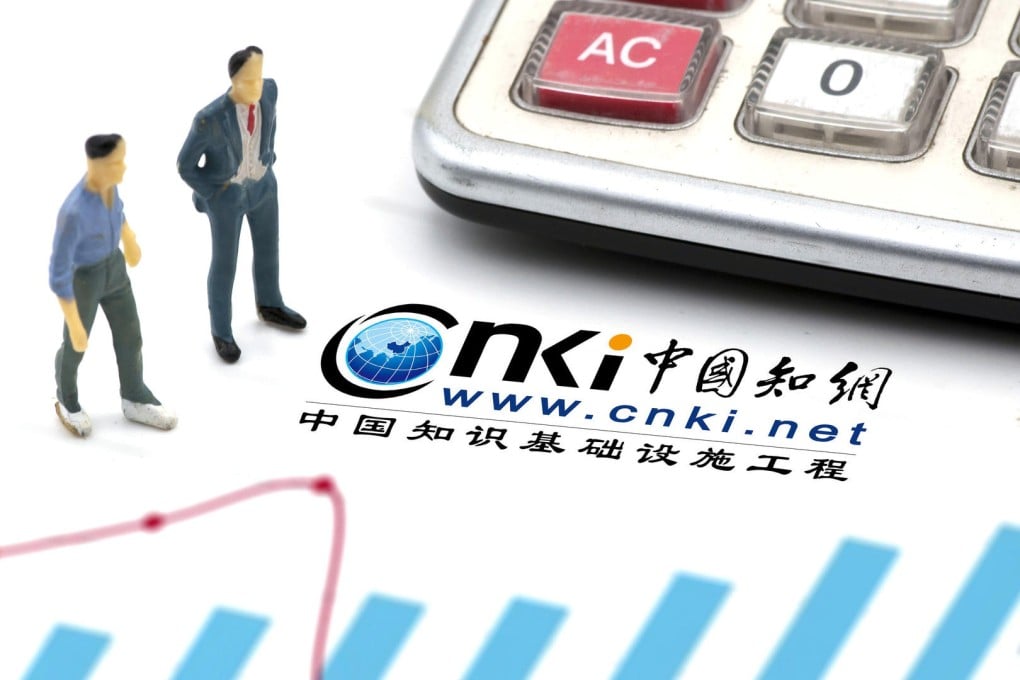China’s largest academic research database CNKI had years of alleged market power abuse before antitrust crackdown
- China National Knowledge Infrastructure has long been the subject of lawsuits and complaints, with one alleging a 132 per cent fee increase from 2010 to 2016
- The service has become the latest target of the country’s antitrust watchdog after the Chinese Academy of Sciences ended its CNKI subscription in April

China National Knowledge Infrastructure (CNKI), which has become the latest antitrust target by national regulators, has long been accused of abusing its monopoly power over access to published academic papers through excessive subscription fees, according to state media reports and past cases.
Even before the CAS dropped the service, at least six Chinese universities had suspended use of CNKI because of substantial fee increases over the past decade, according to a review of Chinese media reports. In 2016, Wuhan University of Technology’s library said CNKI subscription fees had increased 132 per cent between 2010 and 2016, which would amount to an average compound annual increase of 15 per cent.
“CNKI’s main problems are its exclusivity of dissertations and the lack of transparency in pricing: its contracts with different universities vary a lot,” said Zhou Wei, an associate professor at the Wuhan University School of Law.
Like most academics in China, Zhou routinely uses CNKI when searching for Chinese academic papers, but he can rely on his school’s institutional subscription.
The antitrust probe into CNKI “is of great significance for reshaping the way knowledge is disseminated and accessed in China”, Zhou said. “It’s correct to take a market-based approach, and commercial operations in the market shall comply with the legal framework.”
In one widely reported lawsuit, Zhongnan University of Economics and Law professor Zhao Dexin sued CNKI for collecting his papers in its database without consent. Zhao won the lawsuit and received compensation of 700,000 yuan (US$103,000). However, without his papers available through CNKI, which removed them after the lawsuit, there is less chance for other academics to find and cite Zhao’s work.